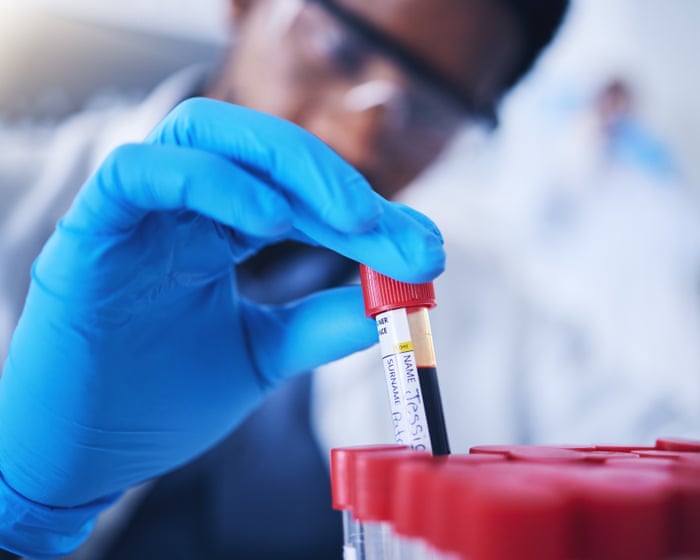Electroconvulsive therapy may have more adverse effects than thought
NegativeScience

- A study has raised concerns about the adverse effects of electroconvulsive therapy (ECT) for depression, identifying 25 side effects beyond the known memory loss, including heart problems and emotional blunting.
- This development is significant as it challenges the safety and efficacy of ECT, a treatment often used for severe depression, highlighting the need for more comprehensive research before its continued application.
- The discussion around ECT's risks reflects broader debates in mental health treatment, as alternative therapies like transcranial magnetic stimulation and psychedelics are gaining attention for their potential benefits without the same level of adverse effects.
— via World Pulse Now AI Editorial System


